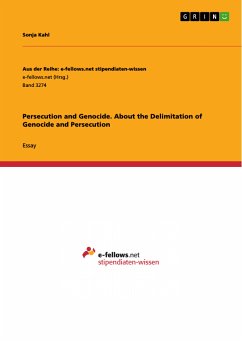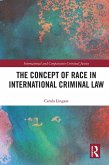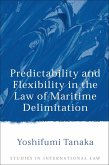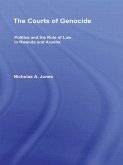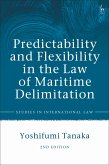Essay from the year 2015 in the subject Law - European and International Law, Intellectual Properties, grade: -, , language: English, abstract: Despite sharing historical roots, genocide and persecution are increasingly considered two separate crimes with divergent legal elements that represent two different social wrongdoings. Genocide is a crime aimed at the destruction of groups, characterized by intent to destroy the group, whereas persecution is an offense aimed at serious discrimination against individuals, characterized by the mass or systematic character of the killing. Therefore, this paper will tackle the question of moral difference between genocide and persecution and ask why genocide can still be considered the "crime of crimes" if, contrary to persecution, it does not even require a mass-scale attack or a high number of victims. The most convincing approach argues that genocide risks more ancillary harm due to the additional intent not only to harm current group members, but also to destroy the group itself. Genocide per se is not worse than persecution, but it is more likely to expand into massive devastation. This is the reason why even "small" genocides need to be prosecuted, punished and prevented by international law.
Dieser Download kann aus rechtlichen Gründen nur mit Rechnungsadresse in A, B, BG, CY, CZ, D, DK, EW, E, FIN, F, GR, HR, H, IRL, I, LT, L, LR, M, NL, PL, P, R, S, SLO, SK ausgeliefert werden.

